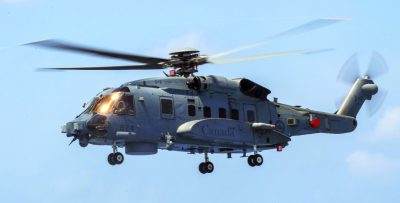
- A U.S. judge has denied a request by Sikorsky Aircraft to dismiss a wrongful death lawsuit filed by the families of Canadian Armed Forces personnel killed when their RCAF CH-148 Cyclone helicopter, manufactured by Sikorsky, crashed off the coast of Greece in 2020. The lawsuit alleges a design flaw led to the crash, which took the lives of four members of the RCAF and two Royal Canadian Navy members.
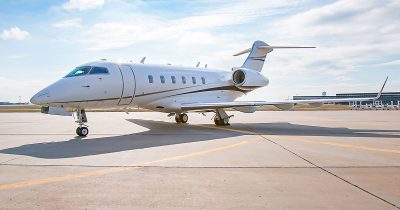
- Wheels Up, a U.S.-based private aircraft charter company that also offers membership plans, announced last week that it will be replacing its fleet of 13 Cessna Citation Xes with Bombardier Challenger 300s and 350s. The company will also replace its fleet of Beechjets with Embraer Phenom 300s and 300Es. Delta Airlines is a major shareholder in the company.
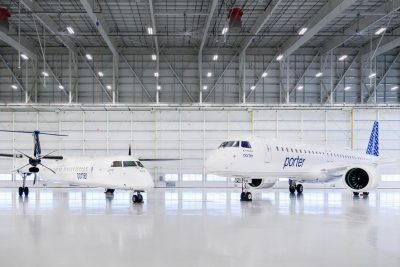
- Once winter schedules come into play, Porter Airlines says it will be the second-largest Canadian carrier providing flights between Toronto Pearson and the United States, with 20 daily departures from Toronto to six separate destinations in Florida alone. “Porter has demonstrated their commitment to building a hub at Toronto Pearson with an impressive 21 routes launching from our airport since it started service in 2023,” Kurush Minocher, Porter’s director of customer experience said in a press release.
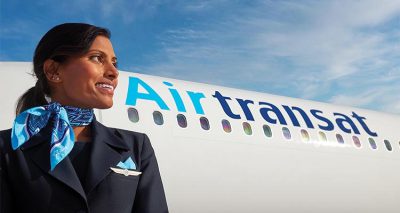
- Air Transat has announced the layoff of up to 400 flight attendants, beginning in November. Although the airline denies it, industry observers cite its nearly one-billion-dollar debt load as creating a financial challenge for the airline. “… they need to either refinance that debt, restructure it, or they might be at risk in terms of not being able to support the operations with that level of debt on their books,” according to John Gradek, a commercial aviation expert.
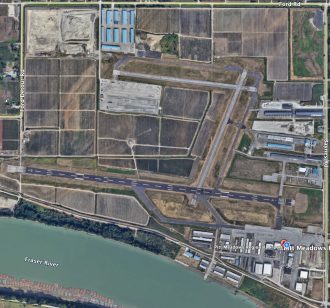
- Nav Canada has developed a new procedure to manage circuit training at Pitt Meadows Regional Airport (CYPK), a busy General Aviation airport in Metro Vancouver that hosts 11 flight schools. Sporting two parallel runways, a crosswind runway and a floatplane base, all within the airport’s Class C control zone, the numerous requests for circuit training often result in the controllers becoming overwhelmed, resulting in denial of requests for this basic element of flight training. The new procedure, which will be invoked when the circuits reaches “full capacity”, allows a pilot who so elects to be placed on a “waiting list”, which requires him or her to monitor the Ground frequency, be ready to begin taxiing within five minutes of being notified of an opening, and advise Ground if/when they cancel their request for circuits. If this procedure proves effective, it may be adopted at other busy training airports across the country.
